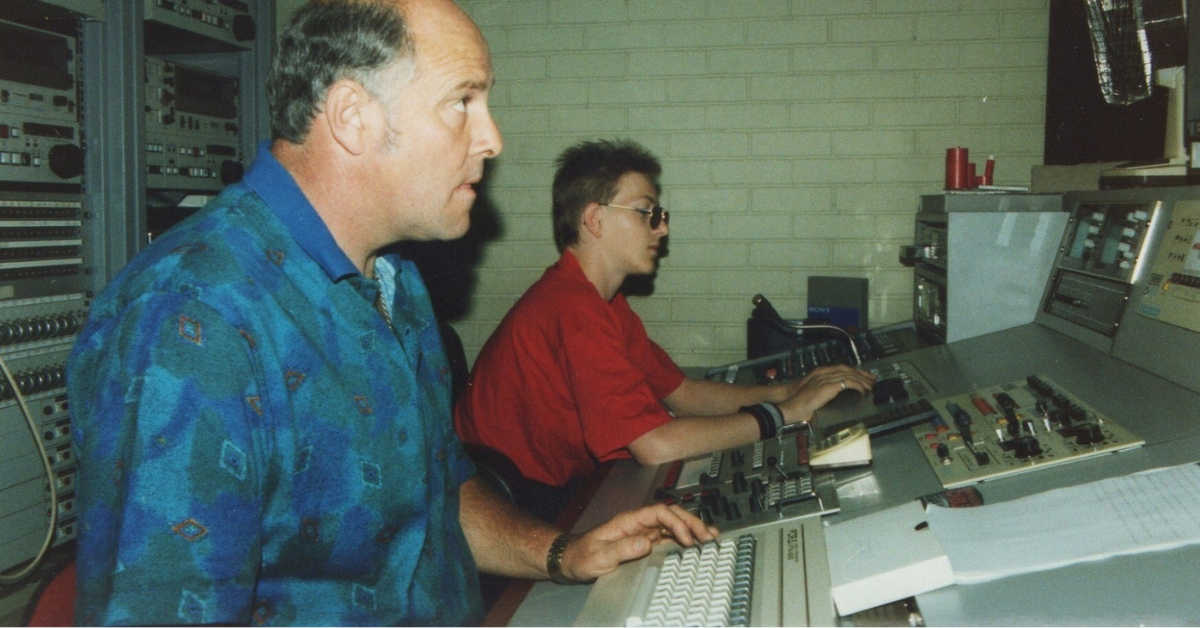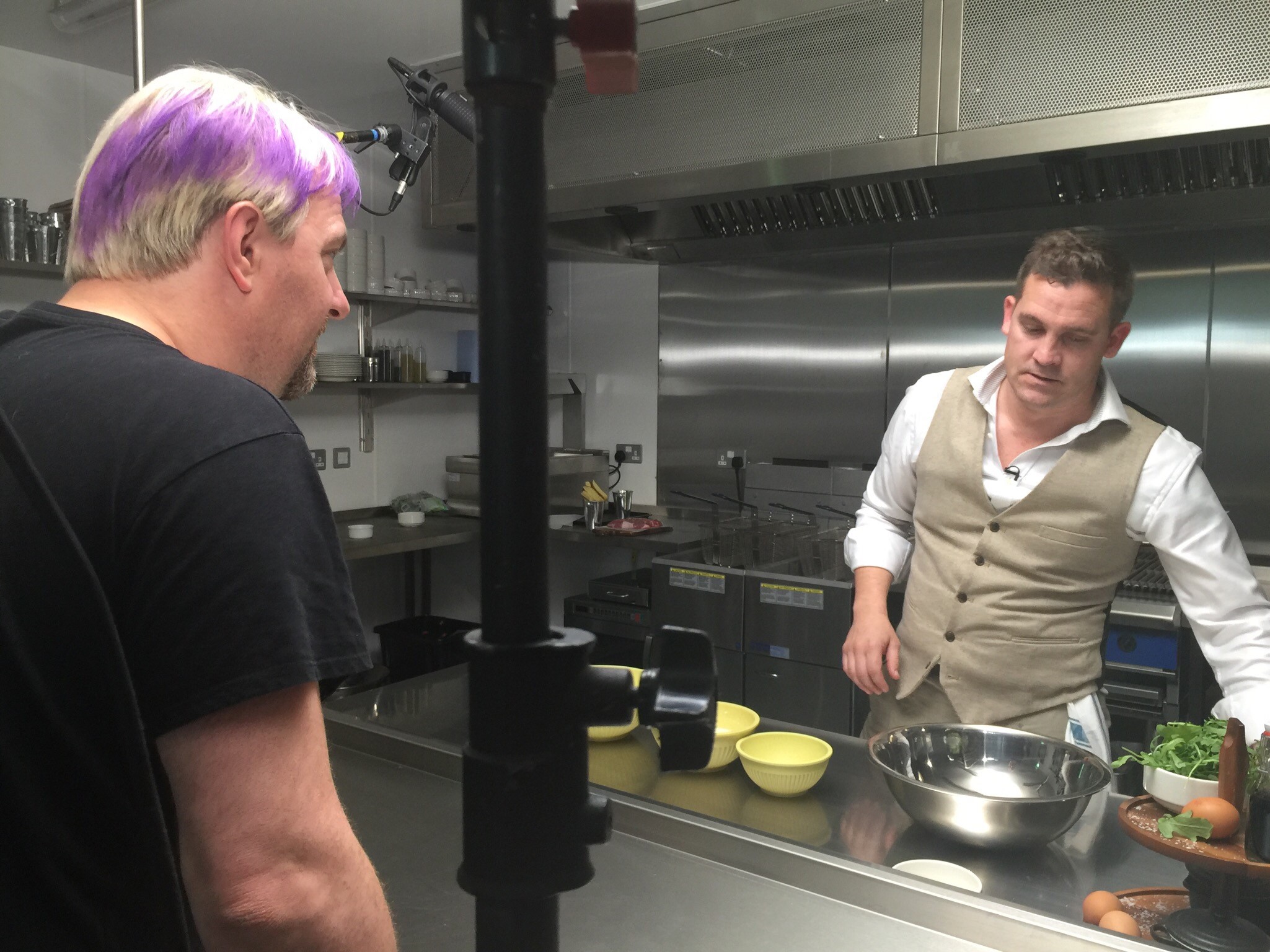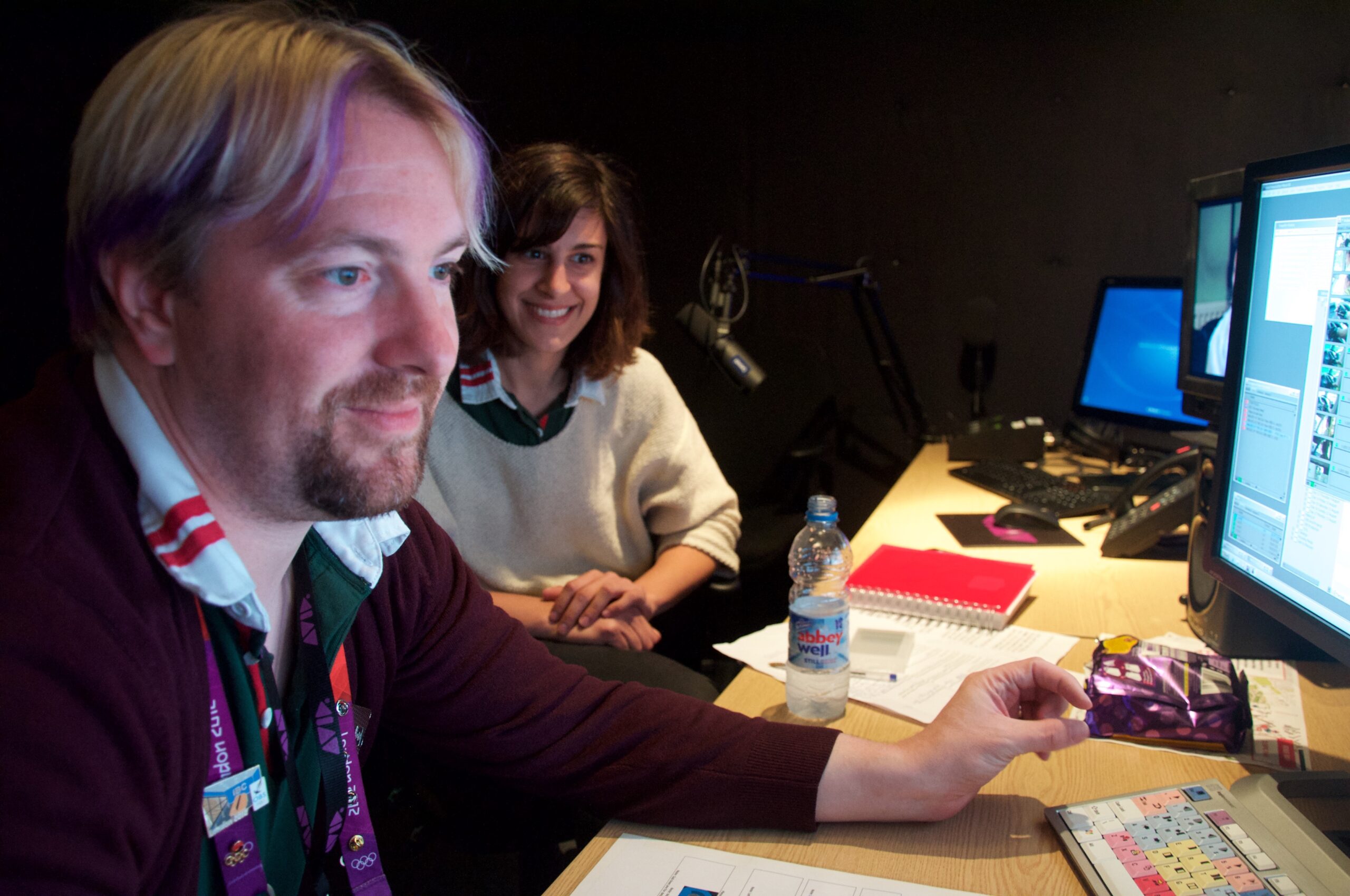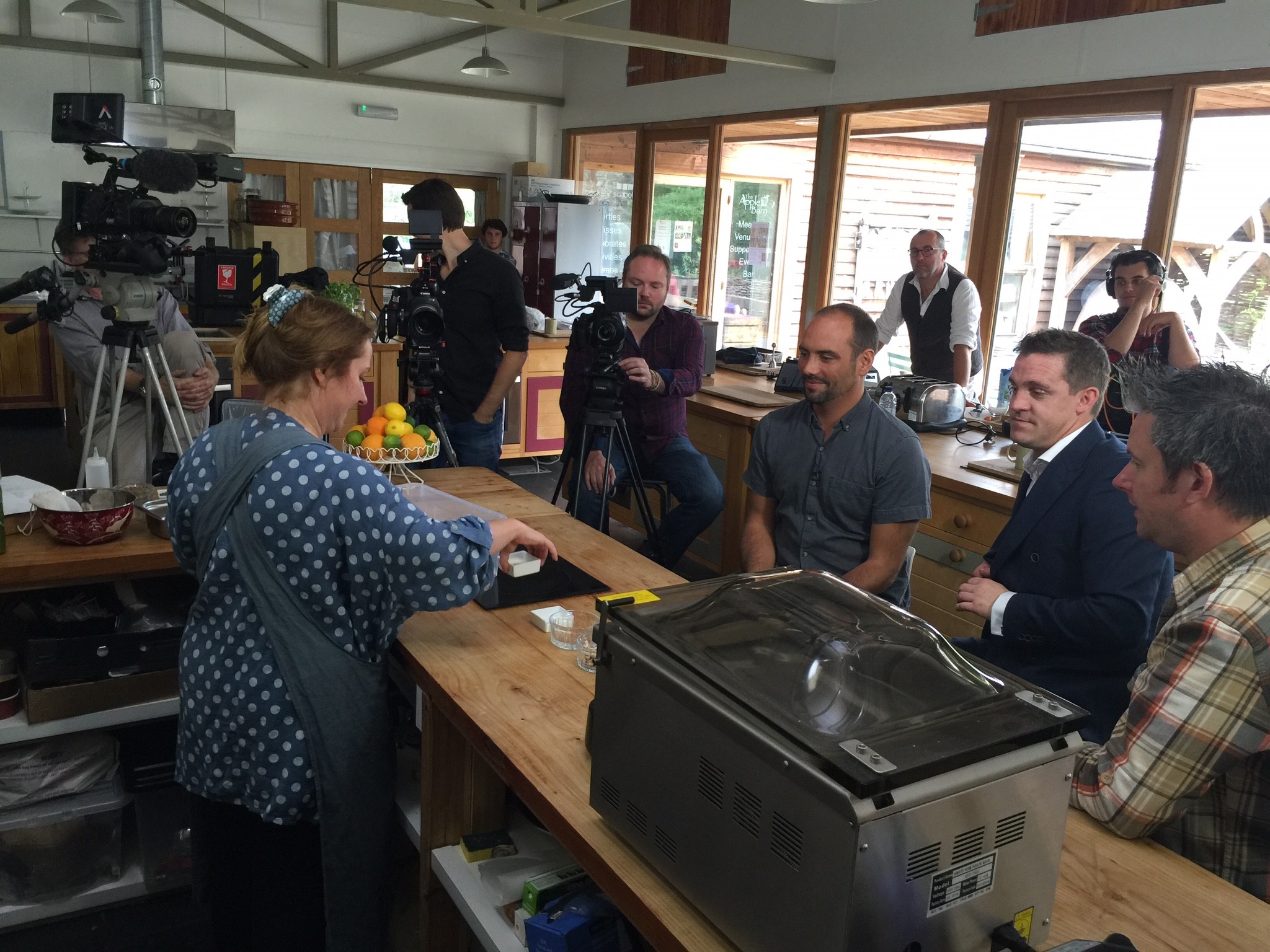
Introducing TCC Talent: Jason Bowes
What made you want to be an Editor?
Would you believe I fell in to it at 16 and a half when I got kicked out of computer college?
Do you still have as much passion for the role now as you did when you started?
That’s a tough one. It’s both yes and no. I love things that tell a story that requires pacing and good music, and dislike fake reality shows, fake drama, and as I’m quite the music fan, bad music is not my favourite thing to work on, however, I will still work on them, but it’s less of a challenge for me and I prefer to get creative and build a story through editing.
What would you say is the most important skill to have as an Editor?
For me, I feel editing is 90% relationships, 10% skill. The relationships enable you to identify what’s important for the production and their desired vision.
You have worked with a number of prestigious clients including ITN, Lion TV, Raw TV, Red Sauce Films and more – how did you manage to break into this world?
I have a reputation in our industry as someone who can get things done and fix problems, therefore most productions have sought me out, and I’ve been very lucky in that regard.

You work with both Avid and Premiere – do you have a preference of editing software, and if so, why?
Yes, I do use both Avid and Premier. I think Premier is good for fast turnaround like sport events (I helped develop the software with Adobe during the 2014 World Cup in Rio), but Avid has a better file management system and is a stronger candidate for telling stories, especially when you’re in a big production that has more than one edit suite accessing the same material at the same time. Also, I’ve used Avid since 1996 (did I mention I’m old?:))
For aspiring Editors, would you say it’s important to learn different software?
Yes, while I do believe 90% of this job is listening to the client and understanding their vision, a very good knowledge of every editing system you use is essential and has to be second nature in order for the vision to become a reality.
You have been with The Crewing Company for a number of years now, what made you want to join the company? And what benefits do you see from being part of an agency?
I had heard a lot of good things about the company, and having an agent in this day and age is vital. The best part about being with an agency is that, with my dyslexia, it’s nice to know I have a team behind me that can take care of the mundane stuff that I struggle with i.e., chase clients for unpaid invoices and handle the negotiations with clients, so I don’t have to, which takes a lot of the stress out of the job and enables me to carry on with the creative side, which for me is my strongest skill.
You have worked on many different projects and shows – do you have any stand out projects you have loved working on?
Over the decades there’s been quite a few. When I was working in regional TV, I had the privilege of working on a show called Auctions, which was up for RCS award. Then there was The World’s Most Famous Train, which was a channel 4 documentary about the Orient express, I learned a lot about the historic train on that show. I’ve been very lucky to have done a couple of sporting events that I think anybody might be envious of. I did my home Olympics London 2012 where I worked for OBS and we supplied the footage to the rest of the world including ITV and BBC, with an audience estimates at over 600 million. Also, again in 2014, I was lucky enough to work on the football World Cup in Rio for HBS. For me personally, doing those two events were highlights. More recently, my last project, Malta, The Jewel in The Crown for Channel five, was just a lovely slow paced, beautifully shot programme. It was a great team to work with and good to just let the pictures do the talking.

What are you currently working on, or what was your latest project?
I normally take January off to recover from the previous year, as I can get quite busy. The next project in the diary is The Dubai World Cup, a good one as I get to travel. I’m looking forward to seeing what exciting projects come my way this year.
What has been the most challenging project you have worked on so far?
It was a show called Making the Squad at the start of lockdown. I think we ended up doing 96-hour weeks on that show.
Would you say it’s important to work on a variety of genres, and what advice would you have to anyone looking to branch out?
I believe it’s very important to work on a variety of genres if possible. It enables you to bring tricks and techniques from other styles, i.e., there are some tricks I’ve used in sport that I’ve brought from doing factual programmes and also some other tricks I’ve used from reality shows in sport.
It’s not easy to cross genres in our industry it’s as you do tend to get pigeonholed. My best advice is to make more connections with productions and just keep pushing forward. Unfortunately, there is no one stop shop here.

Where do you envision yourself in the future within the media industry? Do you have professional goals you hope to achieve?
I’ve been lucky, as editing has never seemed like a job, if that makes sense. As to where I see myself in the industry in the coming years, I might go back to directing which I used to do when I was staff at ITV many years ago.
What advice would you give to an aspiring Editor?
Best advice would be to play with the equipment. There are so many tricks that I learned in my early days of editing that I still use 30 years later: to match frame editing by eye and to learn to cut music on the beat. The number of editors that struggle with this is quite shocking. There are many editors that tend to struggle with these aspects, so practice is key!
Can you talk about a typical ‘Day in the life’ of your role?
Lots of coffee! A typical day in my life as an editor is sitting in front of my computer at home (I do love Remote working) talking to the client, discussing our day ahead and then cracking on with a good show.
How do you manage tight deadlines and handle pressure effectively?
Actually, working from home means I don’t have to worry about transportation for getting home. No last train to miss or traffic on the commute because I’m already home, so that takes a lot of the pressure off working to tight deadlines. Just pace yourself and don’t look too far ahead. It can be overwhelming.
Have you got any good ways to ensure a good work-life balance when working as a Freelancer?
Not an easy one, as the mentality of a freelancer is to work every hour God sends. That said, it is very important to find some way to relax, some. For me, that’s cigars. When I have a cigar, I have to stop for at least two hours and do nothing else, which is a good way to recharge your batteries.
What do you do in your free time?
Actually, this is something I took up during lockdown (I don’t handle, boredom very well). I messed around on TikTok, which ironically gives me different ideas for editing techniques in my shows that I work on. I have a modest following of about 40,000 on TikTok where I talk about whisky and Cigars (@gravedodger).
To find out more about Jason Bowes and other Freelance Talent, please contact a member of the team.

